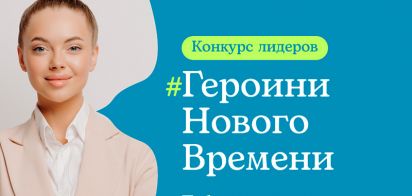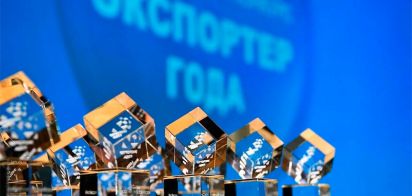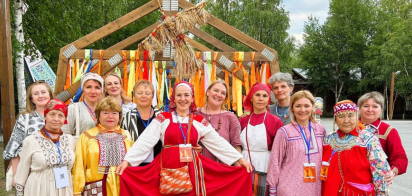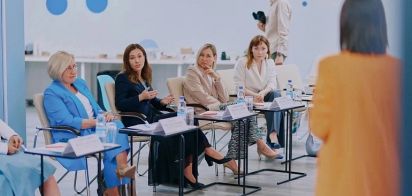В Нью-Йорке участница Евразийского объединения женщин-региональных лидеров представила опыт Югры по сохранению культуры коренных народов Севера
В апреле 2024 года в г.Нью-Йорке (Соединенные Штаты Америки) состоялась 23 сессия Постоянного форума ООН по вопросам коренных народов. В работе форума приняли участие представители Организации Объединенных Наций, коренных народов мира, а также представители правительственных структур национальных государств.
В ходе своих выступлений участники сессии затрагивали вопросы модернизации традиционной хозяйственной деятельности, вовлечения и поддержки молодежи из числа коренных народов мира, участия в принятии решений через Советы представителей и другие совещательные органы.
Согласно данным, опубликованным Управлением ООН по правам человека, Российская Федерация – одна из самых этнически многообразных стран в мире. Российское законодательство защищает «коренные народы России», которые определяются как народы, проживающие на территории традиционного расселения своих предков, сохраняющие традиционный образ жизни и промыслы.
Полномочным представителем Президента России в Уральском федеральном округе Владимиром Якушевым отмечено, что Ханты-Мансийский автономный округ – Югра – лидер по вопросам поддержки коренных народов Севера. Правительством автономного округа оказывается грантовая поддержка проектам, способствующим развитию традиционной хозяйственной деятельности.
Именно возможности для сохранения и развития уклада коренных жителей в ходе 23 сессии Постоянного форума ООН представила член Президиума Ассоциации финно-угорских народов Российской Федерации, координатор ассоциации финно-угорских университетов, кандидат экономических наук, участница Международного клуба «Евразийское объединение женщин-региональных лидеров» Дятлова Татьяна.
В ходе выступлений Татьяна Александровна представила проект «Зеленое IT-стойбище» - установка в местах проживания коренных народов солнечных панелей, которые обеспечивают электроэнергией стойбище, без вреда окружающей среде. Также международному сообществу представлен проект «Стойбищная школа-сад», который предоставляет доступ к интернету в удаленных территориях для получения образования без отрыва от традиционного уклада жизни. «На сегодняшний день в стойбищной школе занимаются более 50 детей в возрасте от 3 до 7 лет. С помощью грантовой поддержки развиваются национальные медиа, аудиогазеты на родных языках, фильмы и анимация, игры и комиксы, которые помогают знакомить с традиционным образом жизни. Многие из этих проектов включены в региональный план мероприятий, проводимых в ходе Международного десятилетия языков коренных народов», - отметила Татьяна Александровна.
Международное сообщество высоко оценило вклад России, Ханты-Мансийского автономного округа – Югры в развитие и сохранение культуры и быта коренных народов Севера. Спикерами отмечено, что Россия хранит образ жизни коренных народов, что позволяет стране опираться на собственные апробированные стандарты и мнения по многим вопросам.
Говоря о привлечении молодого поколения из числа коренных народов, у молодежи возрастает интерес к культуре коренных этносов. В Ханты-Мансийском автономном округе – Югре проживает 32 тысячи представителей коренных народов – ханты, манси, ненцев. Из общего количества коренных народов - свыше 15 тысяч - молодежь. В автономном округе создана общественная организация: Союз молодежи обско-угорских народов. Участниками Школы лидеров молодежи коренных народов Севера стали более 150 молодых людей из числа коренных народов.
«Мы поддерживаем усилия Организации Объединенных наций по вовлечению молодого поколения из числа коренных народов в диалог, что будет способствовать укреплению духовно-нравственных ценностей как основы российского общества. Опыт России по сохранению развитию языкового многообразия, наши совместные усилия, деятельное и созидательное участие в общих мероприятиях принесут большую пользу и самим народам, и миру в целом», - отметила в завершении тематических выступлений Татьяна Дятлова.
Для автономного округа многообразие традиций, обычаев коренных народов сложилось в уникальную югорскую мозаику. Взаимовлияние культур и мировозрения – основа развития автономного округа, а вместе с тем и перспектива для обмена опытом с международным сообществом и оценка югорских практик зарубежными экспертами на высоком уровне.




